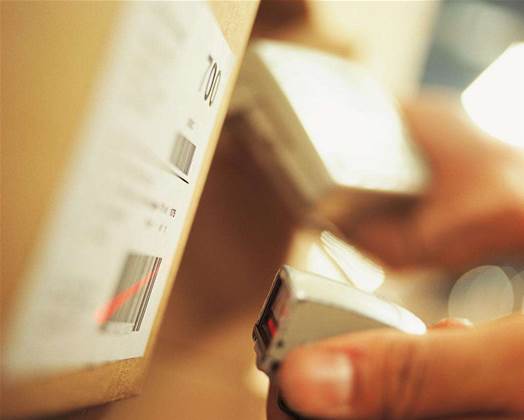Super Retail Group will spend $10 million more than usual on IT this financial year in a bid to reduce long-term operating costs and compete with online rivals.

The group, whose brands include Super Cheap Auto and Rebel Sports, today reported spending $31.1 million on integration and multi-channel projects in the six months to December 29, 2012.
It expected a total of $90 million in capital expenditure in the 2012-13 financial year, compared with $60 million the previous financial year.
Managing director Peter Birtles said capital expenditure would likely fall to $75 million in subsequent years as its IT and store opening programs came to a close.
“We’ve had a significant growth in capital expenditure due to physical, IT and supply chain investments,” he told investors today.
“We need to ensure that our stores are exciting; we need to ensure that we have highly capable systems to support out business.”
Of Super Retail Group’s $31.1 million investment in systems in the most recent half-year, $10.2 million went towards an ongoing project to bring recently acquired Rebel Sports onto the group's corporate SAP platform.
“We’ve put SAP finance systems into Sports [and] we’re working on putting SAP merchandising and supply chain systems into Sports by the end of this year,” Birtles said, noting that this was in line with its business case for acquiring Rebel Sports.
Super Retail Group told investors in October 2011 that the acquisition would yield $10 million a year in cost synergies from IT, supply chain, procurement and advertising by 2013.
Other IT projects completed in the past six months included an ERP rollout in the group’s fishing business and the development of parts catalogue system OSCAR for Super Cheap Auto.
Birtles said the fishing planning system was “starting to yield some good results”. It would reach the rest of its leisure brands and be piloted within its auto division this year, with cost benefits expected to be realised in the next financial year.
Super Retail Group reported a 74 percent profit increase to $60.6 million (a 30 percent increase after accounting for the previous year's acquisitions), and $42 million in capital expenditure on physical stores.


_(33).jpg&h=140&w=231&c=1&s=0)


_(23).jpg&h=140&w=231&c=1&s=0)





 iTnews Benchmark Awards 2026
iTnews Benchmark Awards 2026
 iTnews Executive Retreat - Security Leaders Edition
iTnews Executive Retreat - Security Leaders Edition
 iTnews Cloud Covered Breakfast Summit
iTnews Cloud Covered Breakfast Summit
 The 2026 iAwards
The 2026 iAwards











_(1).jpg&h=140&w=231&c=1&s=0)



